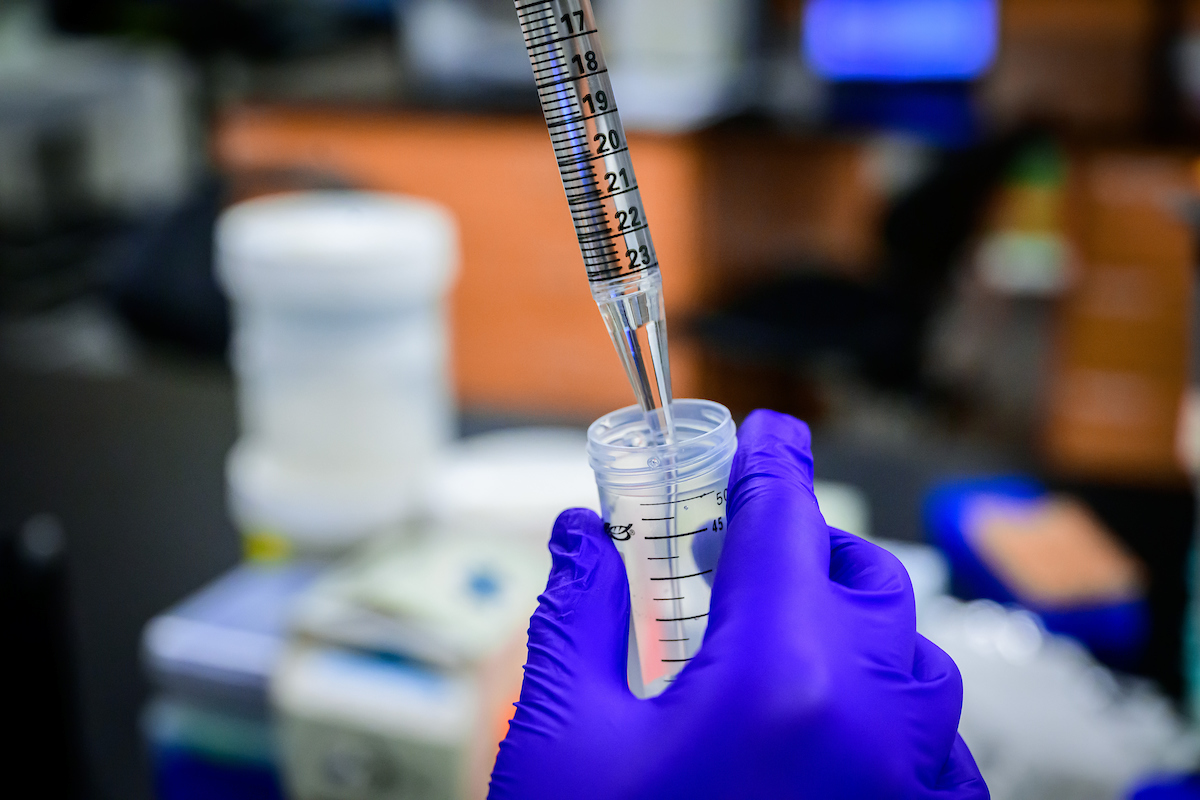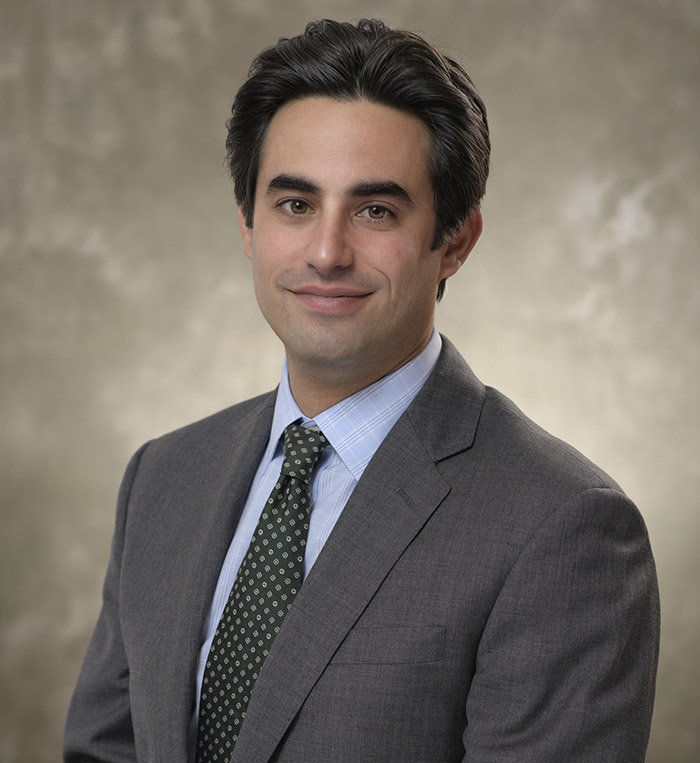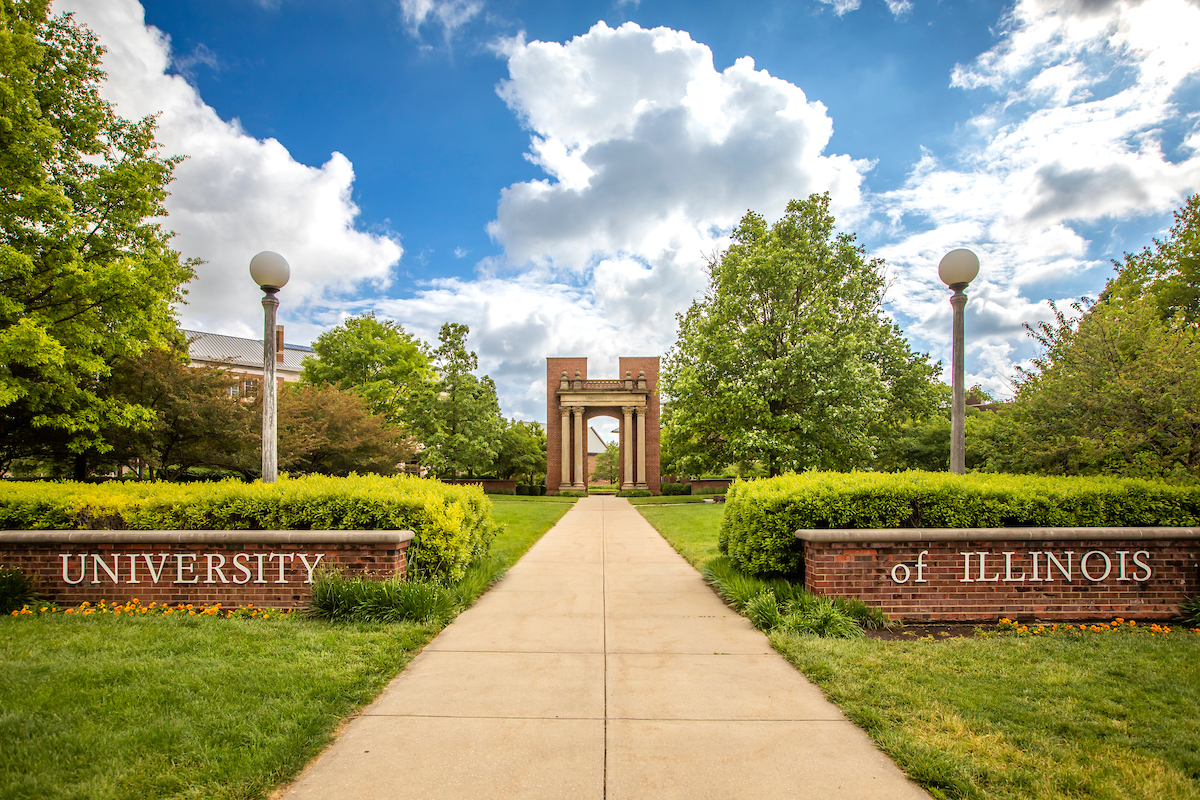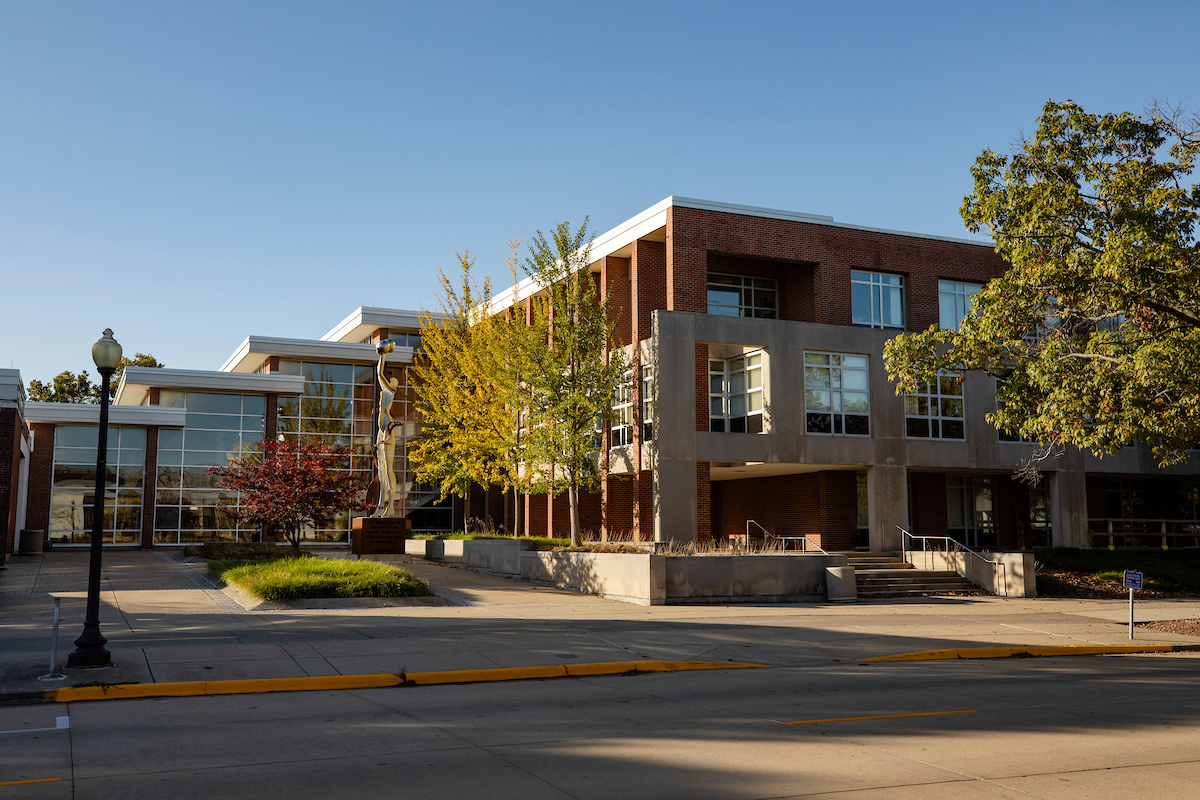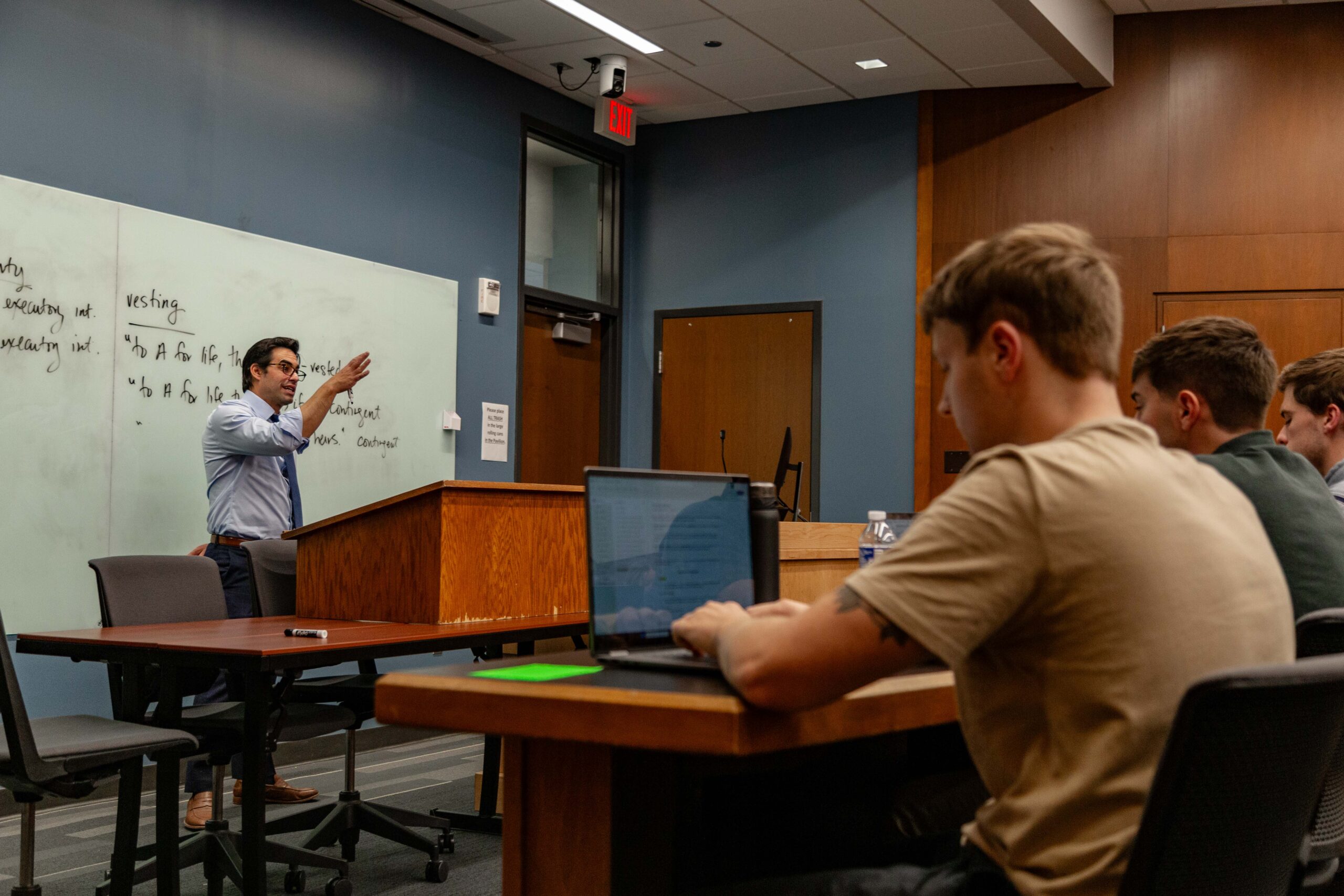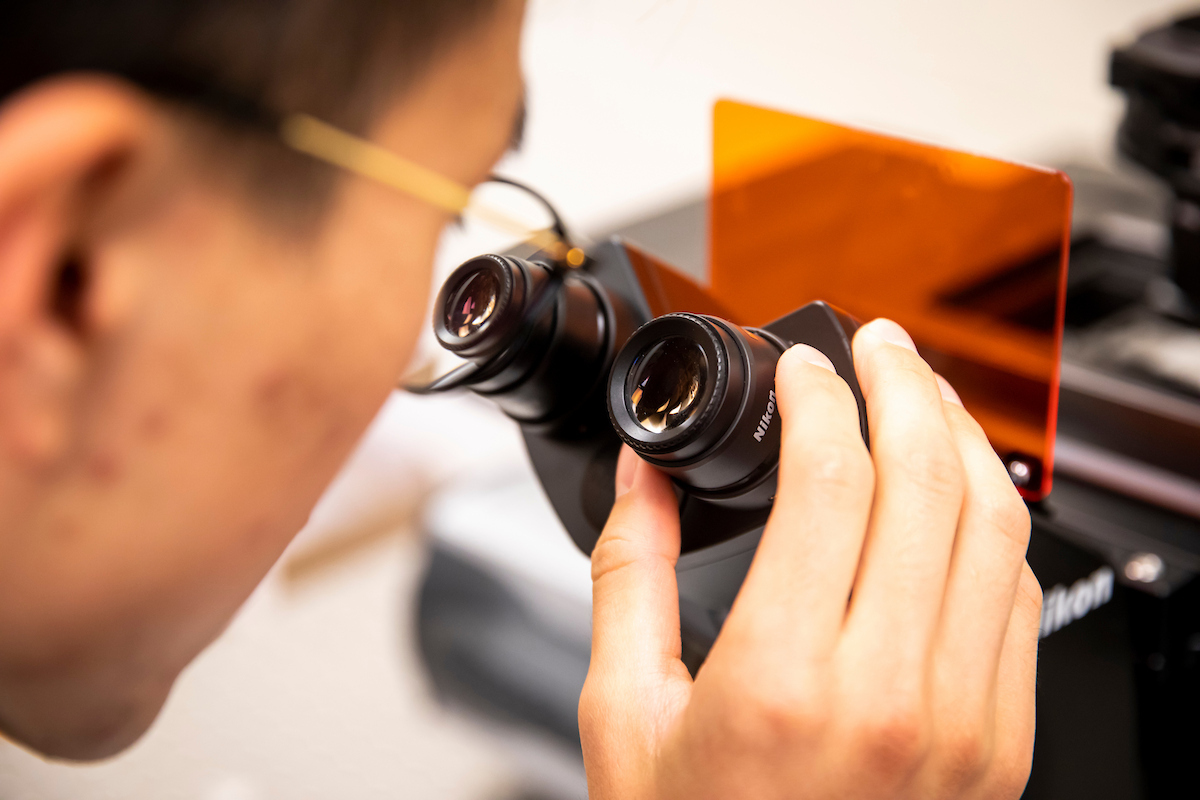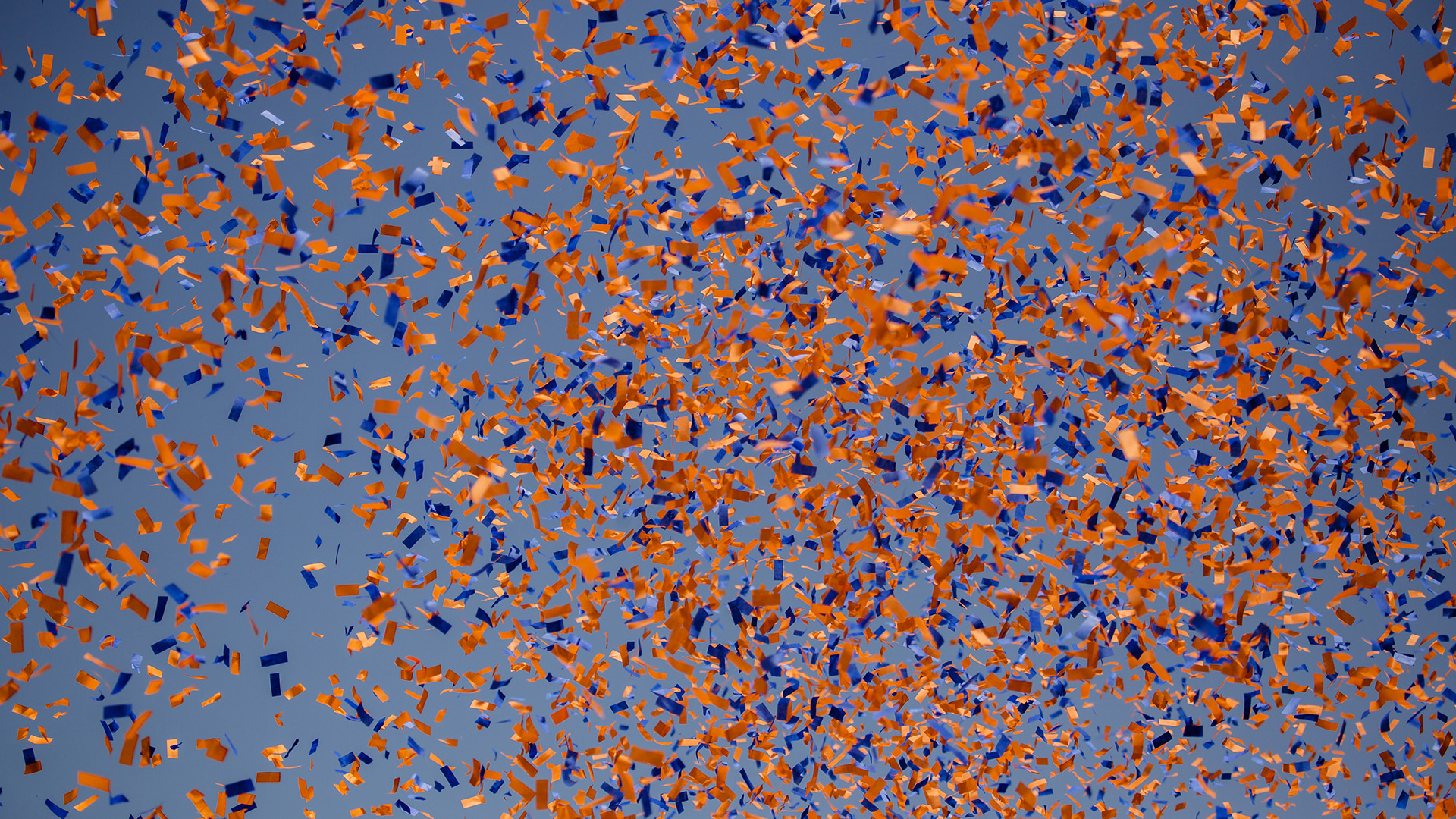The patent battle over CRISPR-Cas9 technology has gone on for longer than a decade, but continues to wind its way through the courts. The global CRISPR-Cas9 gene-editing market size is expected to grow to $14.65 billion by 2032, and Professor Jacob Sherkow told BioSpace that companies seeking to license the technology may be content to […]
